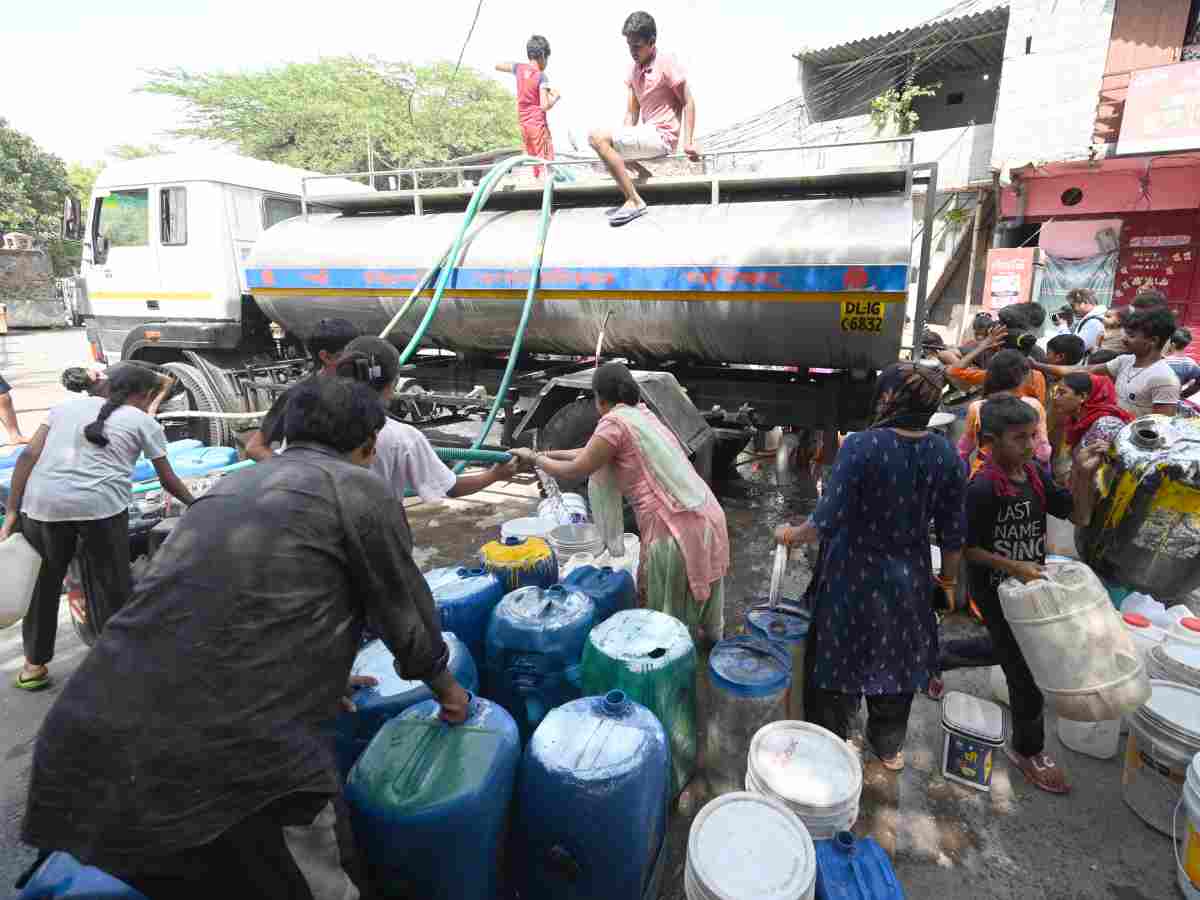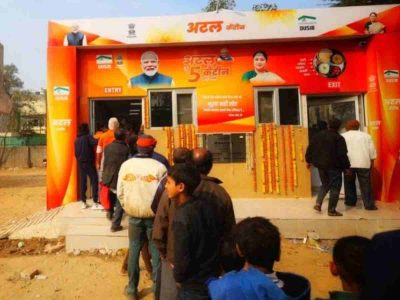The Delhi government has sanctioned Rs 1,400 crore for the Delhi Jal Board (DJB) to expedite ongoing projects and implement its Summer Action Plan, officials said on Wednesday.
Out of the total amount, Rs 500 crore has been earmarked specifically for the Summer Action Plan, which includes measures such as GPS monitoring of water tankers and the installation of water ATMs to ensure efficient water distribution during the peak summer months.
“The timely release of funds will help prevent water shortages and ensure smooth supply during the summer season,” an official said.
The remaining amount will be utilised for expanding the city’s sewer network and developing new sewage treatment plants to address long-term water management needs.
According to officials, these funds were part of the annual budgetary allocation, including amounts that could not be disbursed in March this year.
To further strengthen Delhi’s water infrastructure, Chief Minister Rekha Gupta had earlier announced a comprehensive Rs 9,000-crore plan focusing on sanitation, improving access to drinking water, and modernising the water supply system.
Also Read: Water crisis hits everyone in Delhi, except the private players
Key initiatives under this plan include setting up new borewells, introducing intelligent water metering, and replacing open canals with pipelines to curb wastage.
Additionally, the government will launch a mobile application, ‘DJB Tanker’, allowing residents to track water tanker movements in real-time, while GPS tracking will be introduced to prevent theft and mismanagement of water resources.
(With inputs from PTI)





